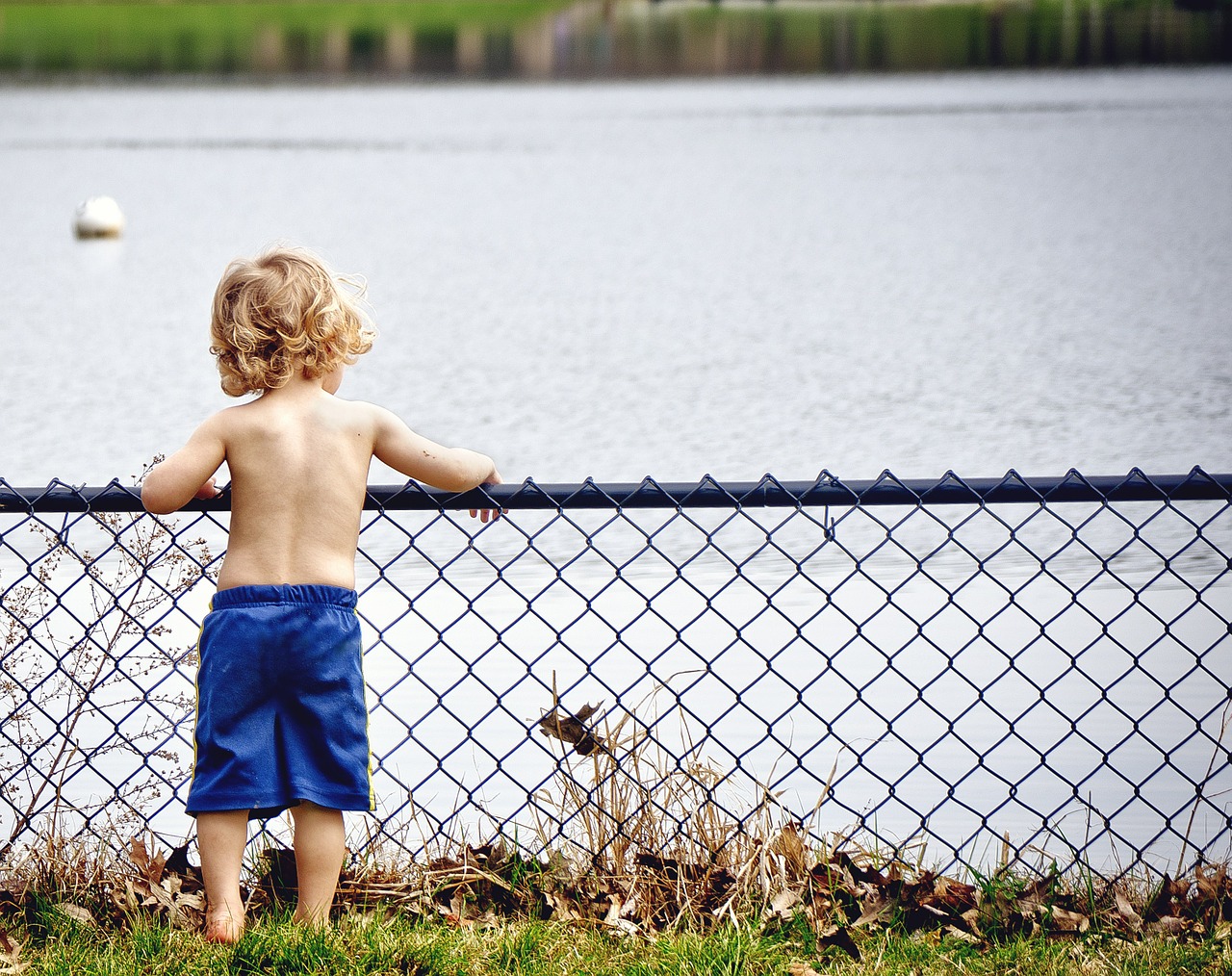
In the mental health/substance abuse field we often refer to youth and adults affected by a family member’s drinking or drugging as “Affected Others.”
As we know, family members do not escape unharmed due to a loved one’s drinking or drugging. Those most vulnerable are, of course, children. They are greatly “affected.”
Recently I read a memoir by a woman whose father was a violent, abusive alcoholic. Dad often came home late, drunk and angry, beating his oldest son or his wife. The other four kids were spared from the beating – but not the emotional trauma. The kids were witness to it, but would often hide in their beds, trying to drown out the noise. When they woke up in the morning, mom would have cleaned up broken glass, blood, or otherwise, and no one spoke of what happened. This scenario happened again, and again.
And again.
One night, dad drove the family home, drunk, through a blizzard. The children were terrified, silently crying in the back seat. Mom was silent too, until she snapped – only after they almost crashed into a bus and almost died.
In this woman’s family, no one ever expressed their true feelings about dad’s drinking. They were cued to pretend nothing was wrong. Dad was the best! She describes the tension within the family – it was thick, and constant. It was filled with angry thoughts and feelings they could not say or express. Reality was denied. Communication in such a family, as kids would say, just stinks.
We treat hundreds of “Affected Others” children each year at Spurwink. Some kids lived or live with the addicted family member. These youth come from a culture of family secrecy. Like the family above, addiction is not acknowledged or discussed. The impact on youth is invalidated. Some kids we work with we never find out that mom or dad is an addict; they have been instructed to – directly or indirectly – not tell providers what’s really going on. But the clues are expressed through the child’s behavior.
Through hurt, through anger, through the effects of trauma.
And they suffer. Enormously. When the truth is hidden from providers, we can’t treat it.
If you are affected, know this: you are not alone. Millions of family members are affected as well.
Know this: You did not cause it. You cannot control it. You cannot cure it. However, you can take care of yourself. You can get help. And if you are in the position to help an affected youth, do it. Talk about– acknowledge – validate – the pain of the situation. So kids who are affected – are affected a little less.
If you need help, you can contact the Spurwink LINK at 1.888.889.3903 for a referral to a therapist.
—
Christina Fay, LCSW, LADC, CCS | Coordinator of Co-occurring Services and DBT
